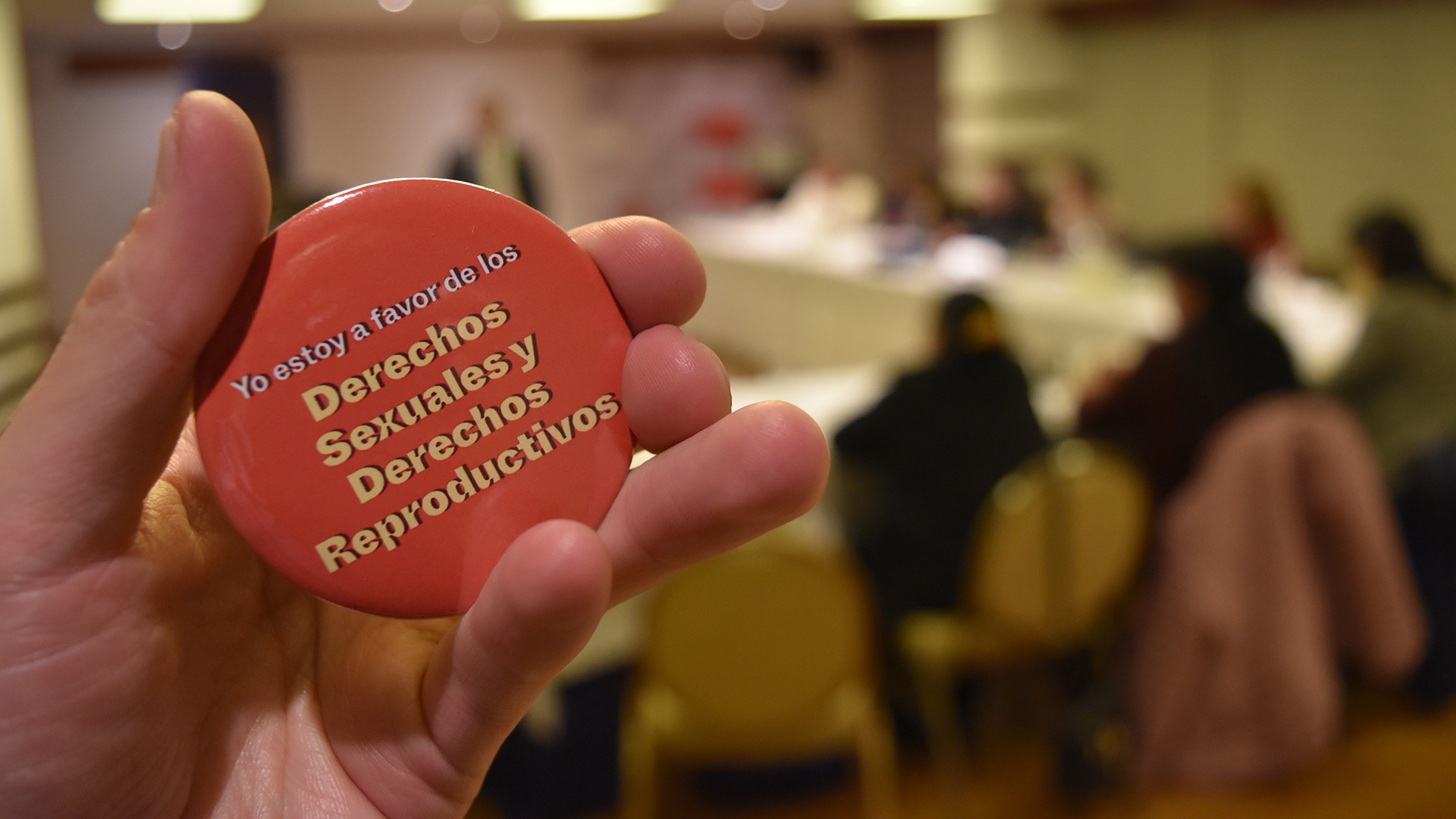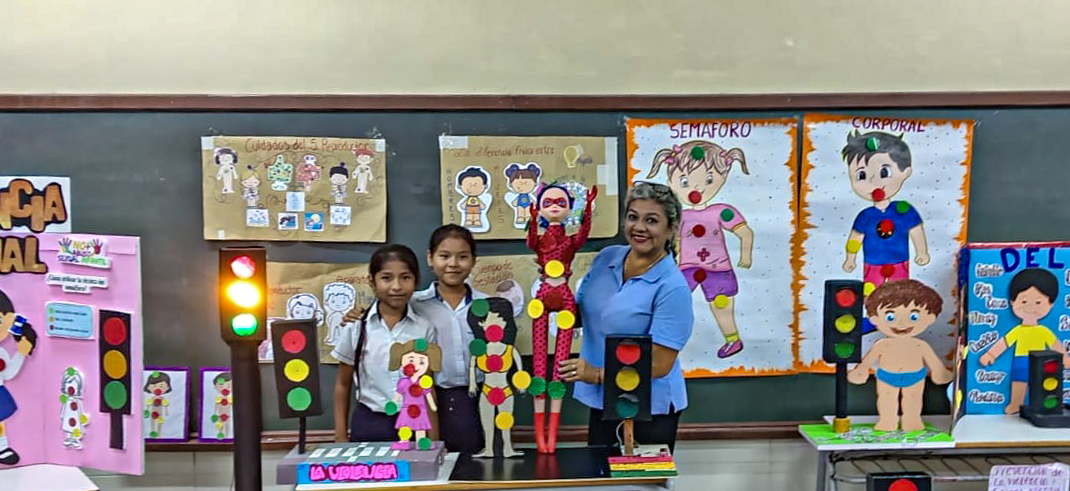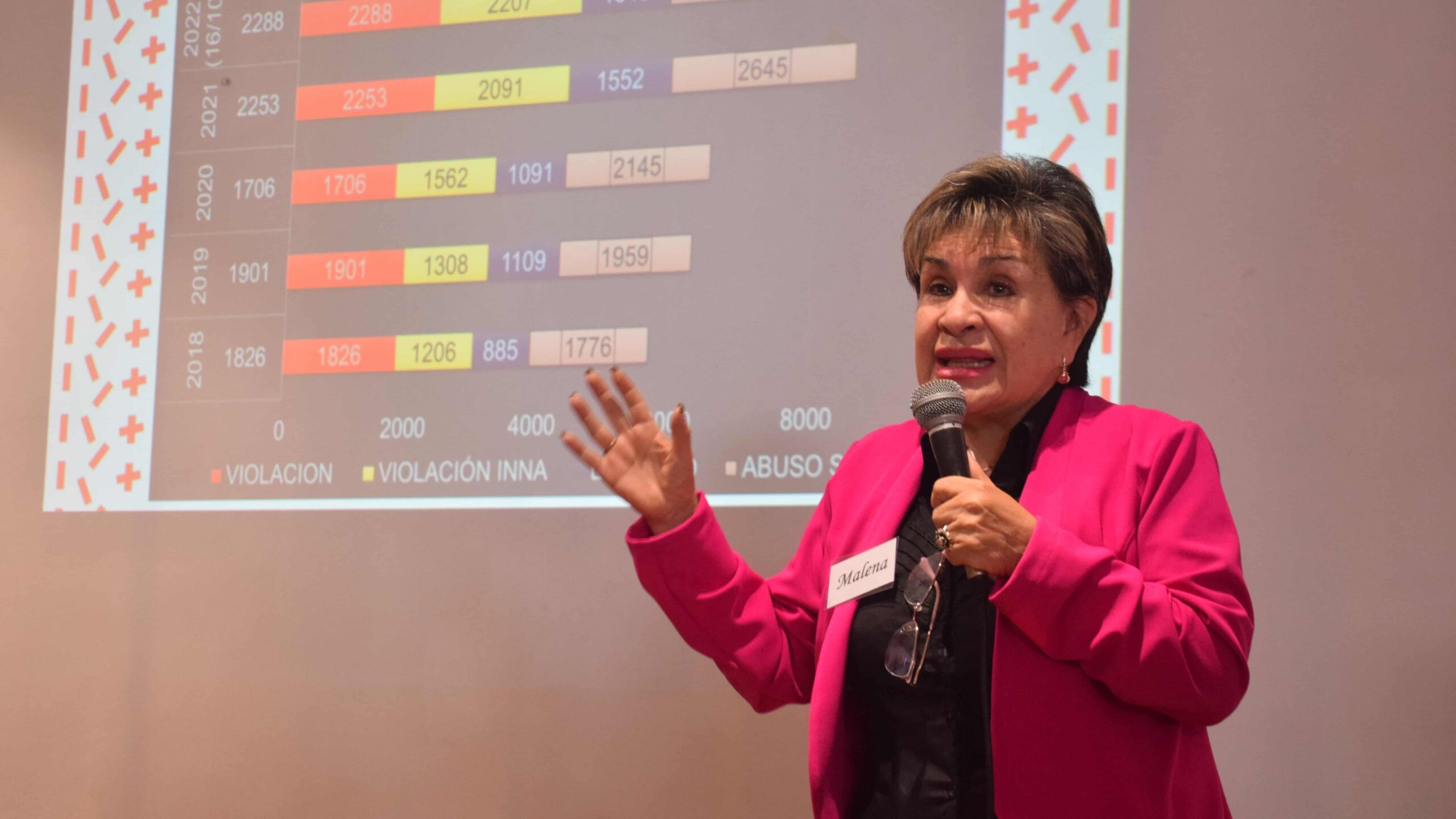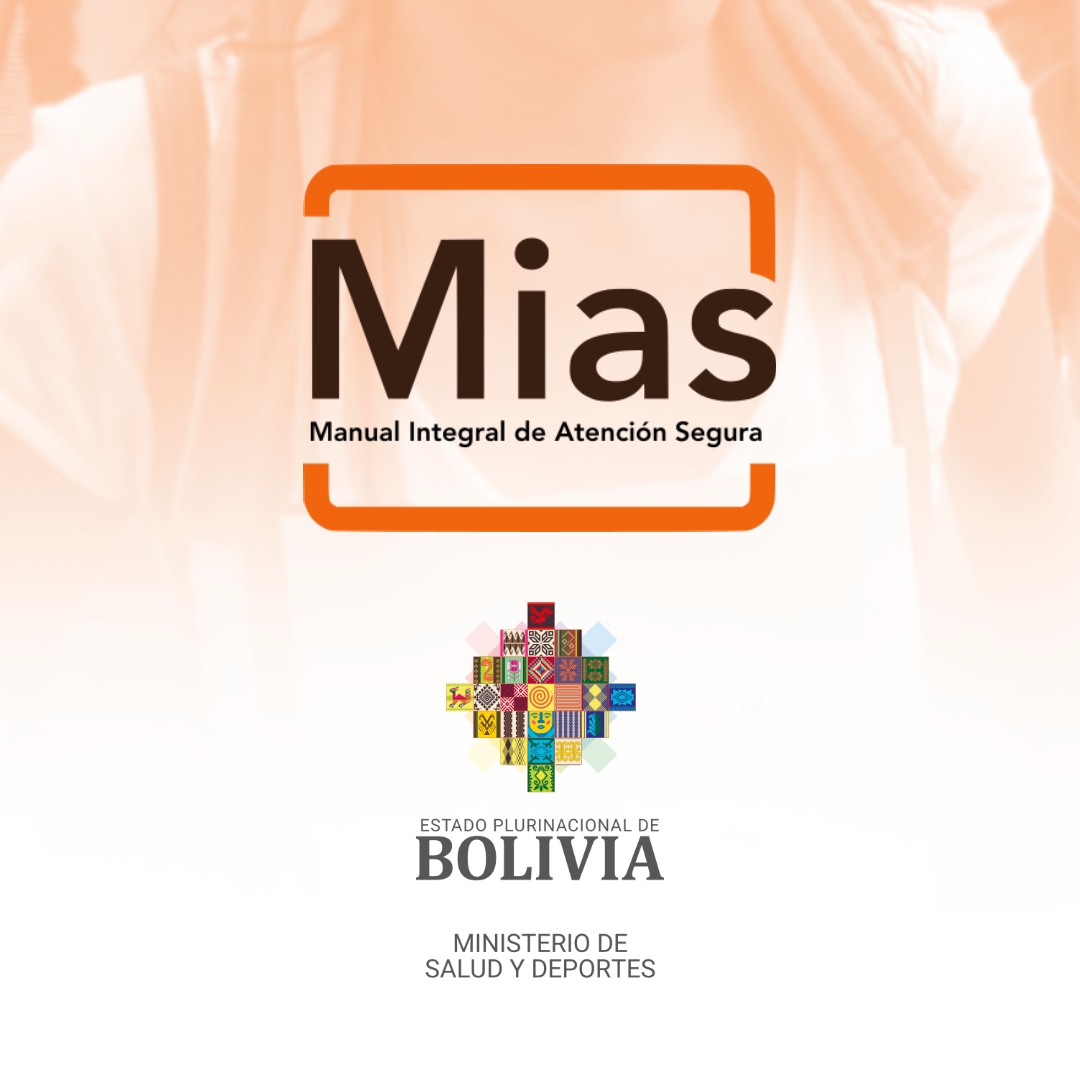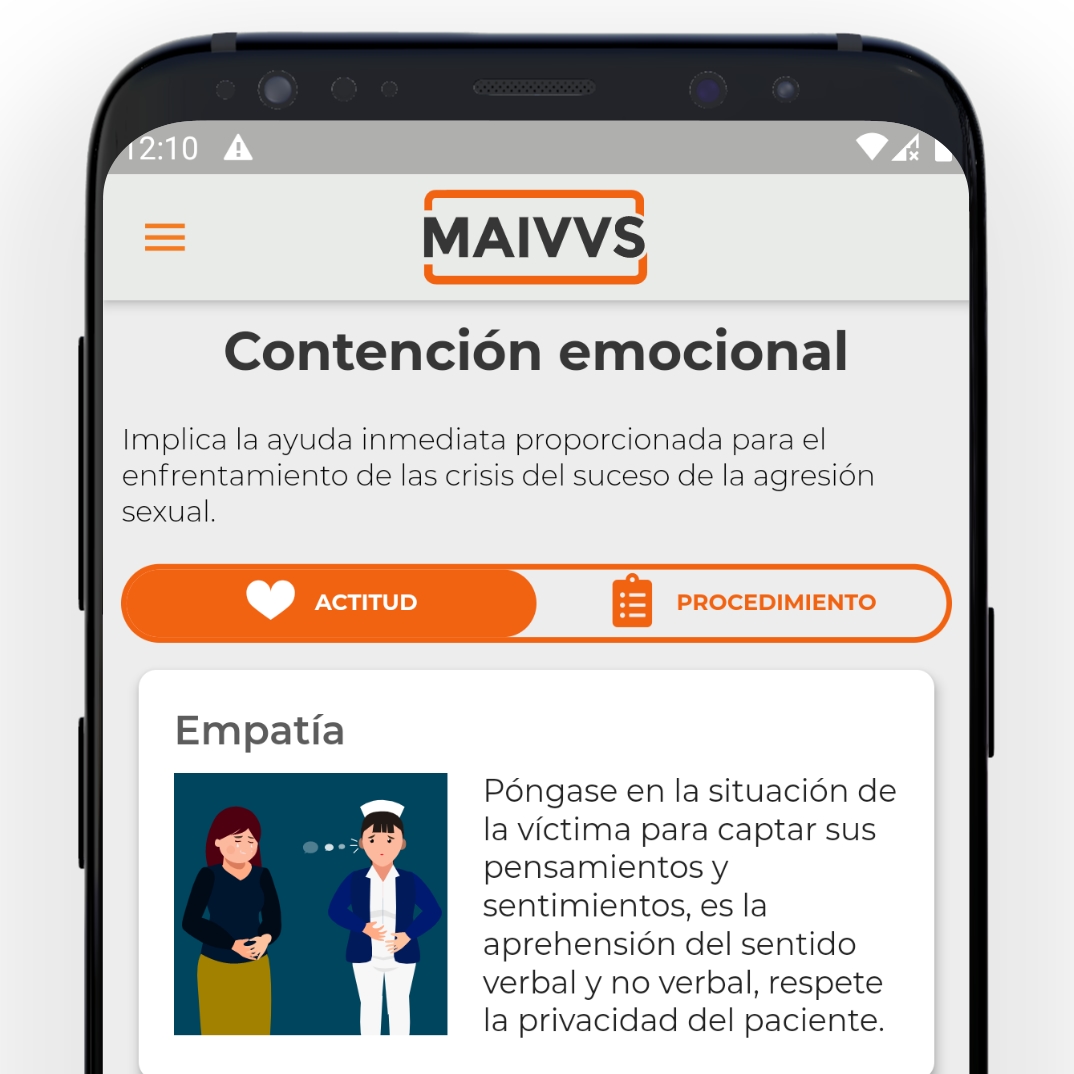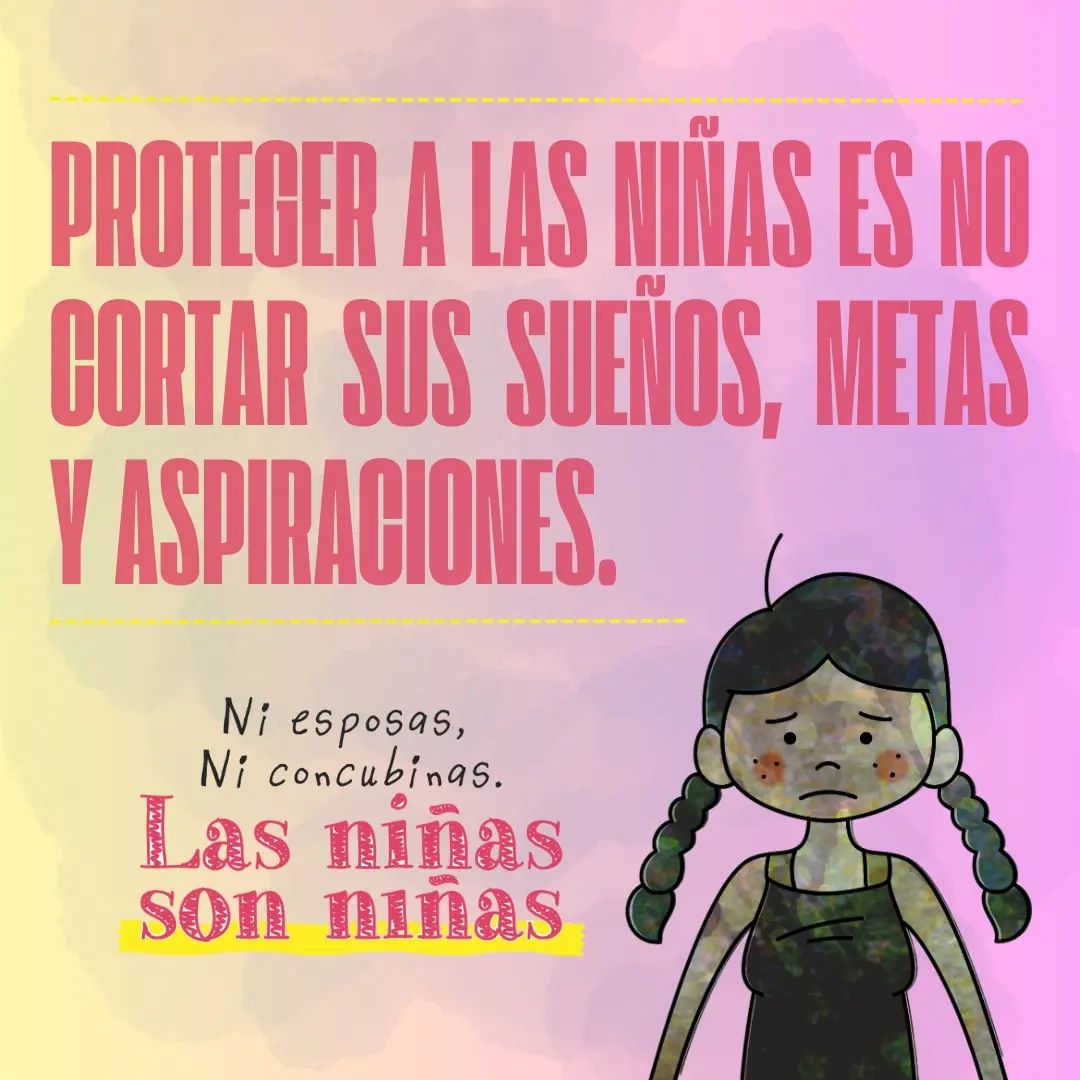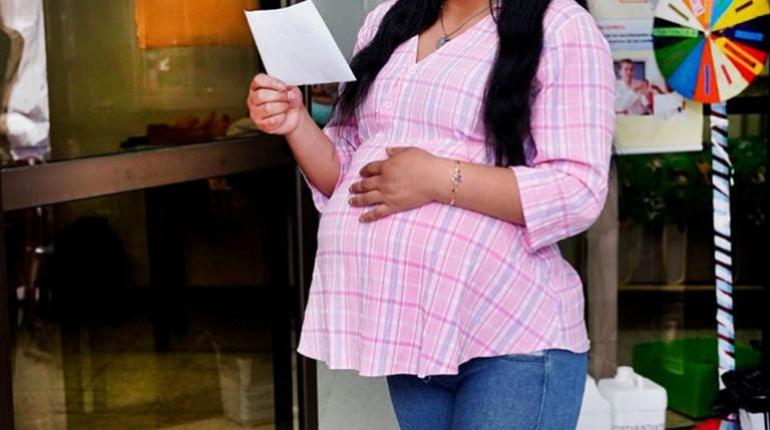At least 97 teenage pregnancies are reported every day in Bolivia. That is the revealing data that emerged in 2022, when a total of 35,470 pregnancies were recorded, of which 2,134 cases occurred in children under 15 years of age and 33,336 among young people aged 15 to 19 years.
The above data correspond to the National Health Information and Epidemiological Surveillance System (SNIS-VE) of the Ministry of Health.
Teenage pregnancy should not be taken simply as a figure, rather it should call authorities and civil society as a whole to reflect on the impact on public health and the social and cultural implications. In addition, there is a direct relationship with the increase in maternal mortality due to the risk of suffering more serious complications during pregnancy and childbirth, says a bulletin from the United Nations Population Fund, UNFPA.
“When an adolescent girl becomes pregnant or becomes a mother, her health, her education, her earning potential and her entire future potential can be at risk and she can be trapped in a life of exclusion and interrupted dreams,” says the multinational agency.
According to UNFPA, in Bolivia, as at the global level, more than half of the Bolivian women surveyed had not decided to become mothers when they became pregnant, but wanted to become mothers later (28.9%), or did not want to have any more children or just did not want to be a mother (21.6%).
The study “Methodology of Impacts of Adolescent Pregnancy in Latin America and the Caribbean (MILENA)” for Bolivia, presented in 2022 by the Ministry of Health and Sports with the support of the United Nations Population Fund (UNFPA), reveals the socioeconomic consequences of unintended pregnancy in adolescence and presents evidence on the gaps in educational attainment and in income and employment levels between those who were mothers in adolescence and those who became mothers in young adulthood.
The report makes clear that unintended pregnancy is a personal issue, a health issue, a social human rights issue, a development issue and a humanitarian issue, which may be associated with an increased risk of complications during pregnancy, childbirth and postpartum with consequences of illness and death for the woman.

